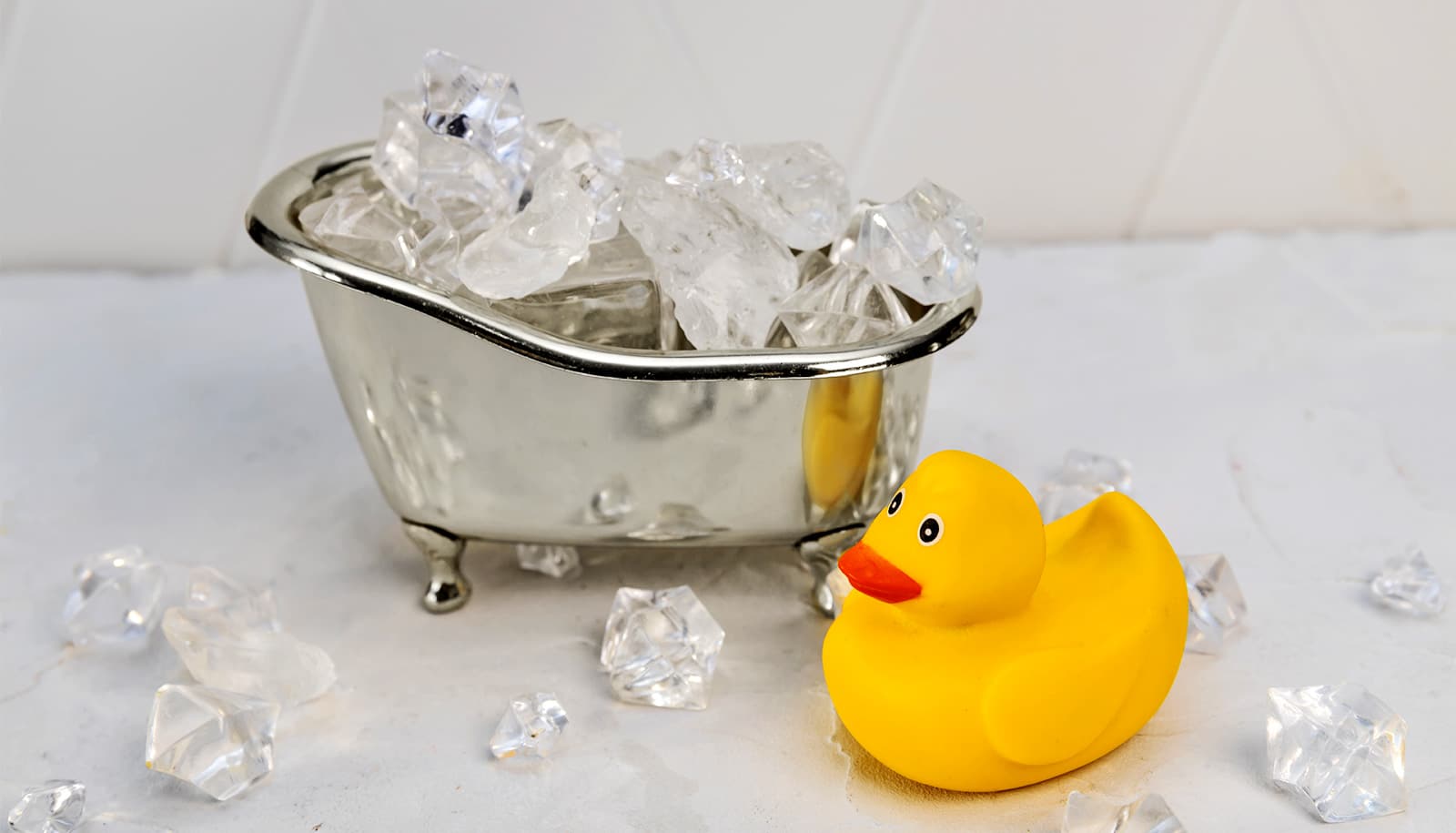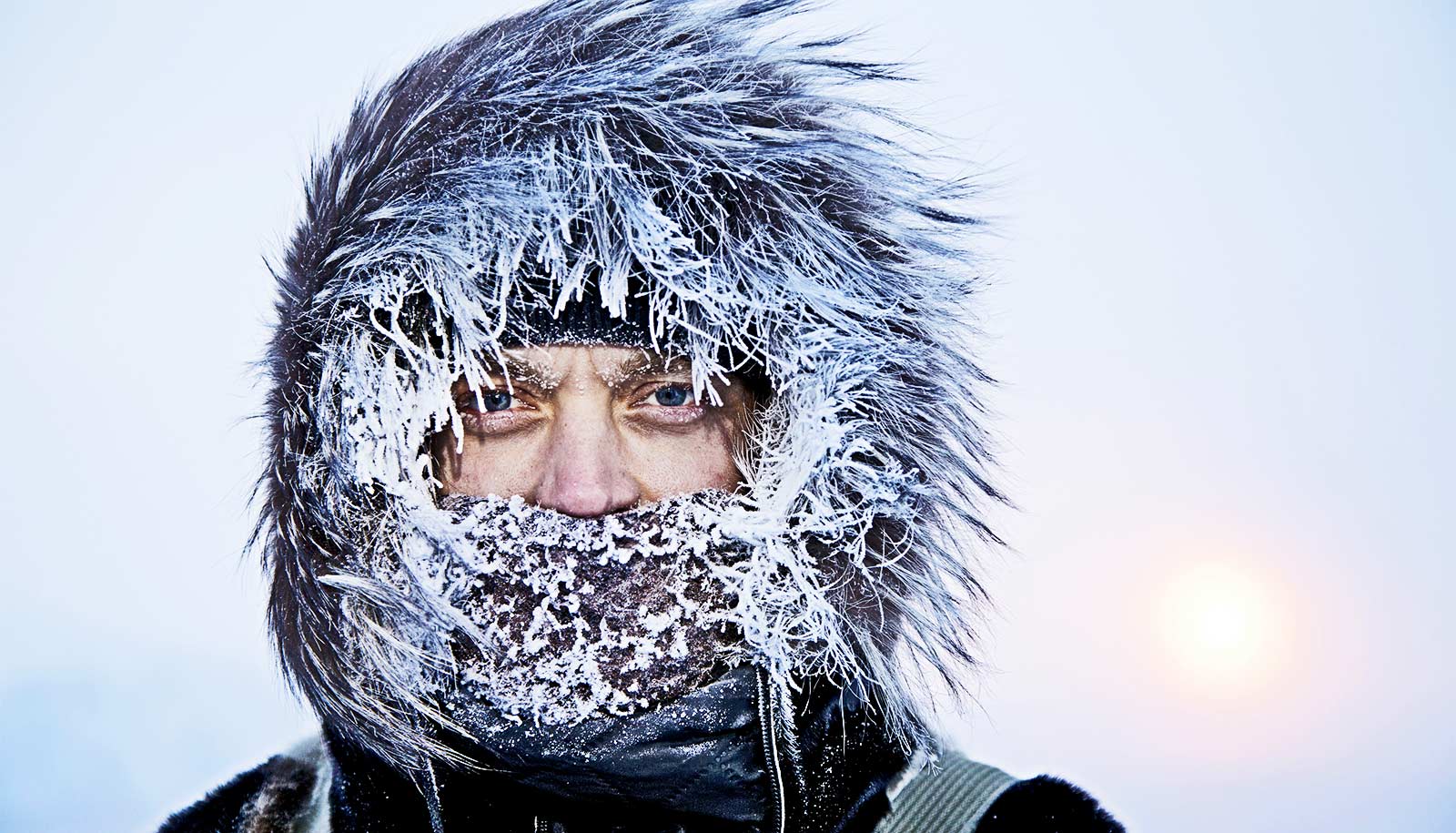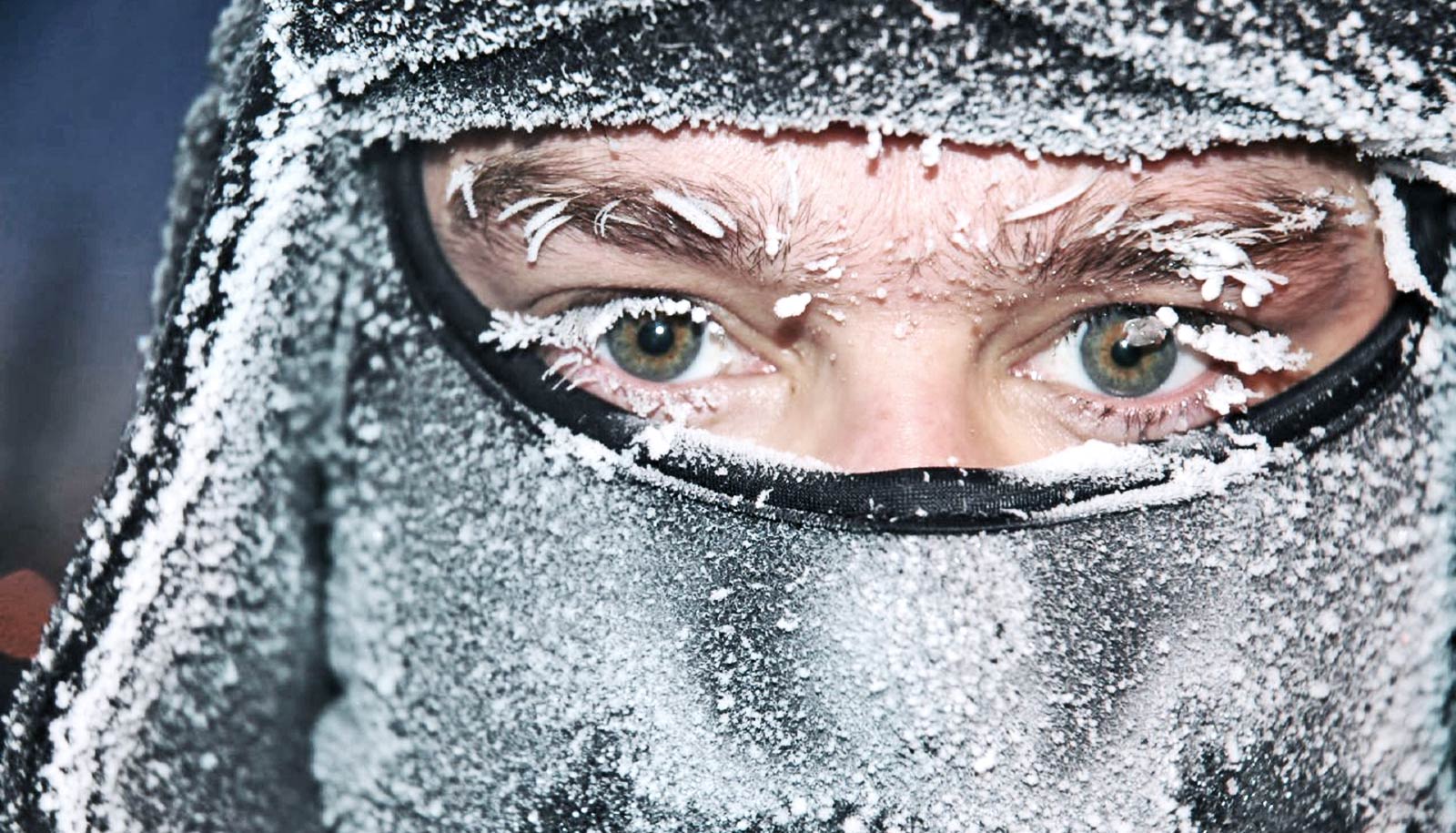There might be some health benefits to the trend of cold plunging, new research suggests
Scores of Instagram influencers claim that a dunk into a frigid bath will boost physical and mental health and help the body recover more quickly from exercise. But is that the case?
“We found that a 15-minute immersion can help specific biomarkers of physiological health, and improve participants’ psychological well-being,” says Chris Minson, a professor in human physiology at the University of Oregon, who led the work alongside graduate student Emma Reed.
Minson and his team tracked a variety of health measures in college students before, during, and after a short cold-water immersion. They found a significant reduction in participants’ heart rate, blood pressure, and a common stress biomarker called cortisol after the cold plunge. And they noted that participants reported better moods three hours after immersion, suggesting that the practice can help a variety of health and psychological factors.
To understand how these chilly experiences really support cardiovascular health, Minson and his team then looked more closely at the way blood moved through participants’ blood vessels.
Blood flow follows a specific pattern during rest. But during exercise, this pattern changes; the blood puts greater force on the vessels it’s flowing through, increasing what’s known as shear stress. Over time, this can enhance cardiovascular health.
Minson and his colleagues speculate that the stress of cold immersion might alter the shear stress patterns in participants and provide a potential link to health benefits.
The researchers found slight changes to shear stress patterns after cold-water immersion, measured through ultrasound, suggesting that the changes in shear stress may help drive the cardiovascular benefits of cold-water immersion.
Future work will continue to explore the full spectrum of benefits offered by this seemingly simple practice, including the relationship between cold-water immersion, cardiovascular health and psychological well-being.
This current study examined the impact of a one single 15-minute cold-water session, but Minson and his team have an ongoing interest in understanding what repeated cold-water immersions might do to cardiovascular health and psychological well-being. The lab is also exploring the effects of other environmental stressors on health and body function, including heat exposure.
“Together, this work advances our understanding of the tangible benefits that cold-water immersion may provide athletes and the broader spectrum of individuals seeking to improve their health and well-being,” Minson says.
The study appears in the Journal of Thermal Biology.
Funding for this work came from the National Institutes of Health, the American Heart Association, and the Kenneth and Kenda Singer Endowed Professorship in Human Physiology.
Source: University of Oregon



